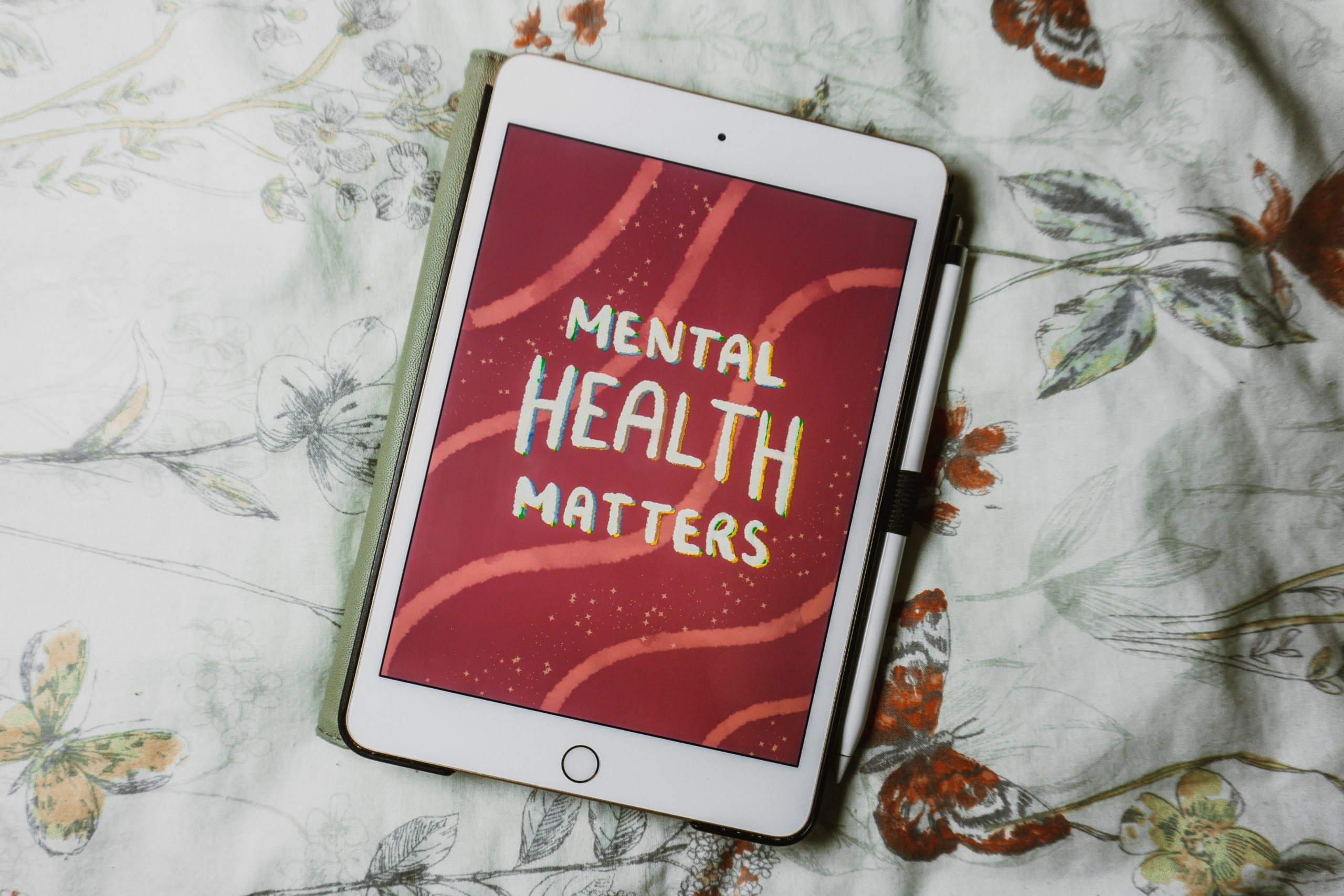The global presence of anxiety and depression rose by 25% in the first year of the COVID-19 pandemic.
During this time, in-person therapy was limited. Mobile mental health apps filled in these gaps when people couldn’t leave their homes.
The increased accessibility of therapy has since become an asset to the industry. Deloitte predicts global spending on mobile mental health apps to reach $500 million in 2022.
Though this has boosted the efficiency of treatments, it comes at a dark cost. In this new realm of mental health treatment, privacy and confidentiality are not always guaranteed.
What information can apps collect?
You may assume that your mental health apps maintain confidentiality just like any medical practitioner. However, many of these apps fall into a grey area regarding confidentiality laws.
Unlike in-person therapy, mental health apps aren’t regulated by the same laws. Routine data collection is an industry standard, one that health apps are especially susceptible to.
These types of data include:
- Users’ names
- Phone number and carrier names
- Web browsing behavior
- IP address/network information
- Location
- Hardware/MAC address
- Advertising ID
- SIM card serial number
Who sees your data?
Many of your apps collect and share this data with Facebook for advertising. However, it doesn’t end there. Your apps often won’t disclose their business partners, many of which have access to your data too.
Privacy policies will commonly refer to the collection of your data by research partners. This can lead you to believe that your sensitive information is compiled with others to aid doctors and university researchers.
What if someone told you that the research isn’t scientific at all?
The harsh truth is that market and app design researchers mine data from these apps to better target you with their ads. Privacy policies will commonly blur this line too.
How can I protect my data?
The further your data travels, the more likely it will end up somewhere you don’t want it to be. Third parties share to a fourth. A data breach means brand or reputation damage to individuals and business owners.
Ad companies regularly use your private information to target your vulnerabilities for sales. Still, there are many ways you can protect your private details while using mental health apps.
Read Privacy Policies
Read your app’s privacy policies. Whether or not your health application shares your data should be simply spelled out here. Overly long and hard-to-understand policies are a red flag. It may indicate that the company is trying to confuse you or doesn’t want to disclose the full information about their data use. A good tip is to regularly check on these policies as they can change on a whim.
Research the app you choose
Apps connected to medical services or your health insurer are a safe bet. These are more likely to follow data privacy laws and protect your confidentiality. However, reading the privacy policy of these apps is still widely advised.
Get to know your privacy settings and app-permissions
Many people also recommend familiarizing yourself with your phone’s privacy settings. Check what permissions your app has in order to know what data is being shared. Your mental health app shouldn’t need access to your contacts, location, or microphone.
Use a Virtual Private Network (VPN)
Avoid having your IP address, network information, and location shared. A VPN secures an encrypted connection between you and the internet. Download the Surfshark VPN to keep your location and IP address private while using these apps.
Avoid ad-supported apps
Not everyone can afford to pay for therapy and “free” apps can offer the help you need. These alternatives often exist for the sole purpose of data collection. Those who use these apps pay for the services in one way or another, likely with their own private data.
The accessibility and benefit of mental health apps are invaluable. Unfortunately, many of the companies delivering these services simply can’t be trusted with your data. Be wary of where your data goes, who you trust it with, and how you can protect it.








